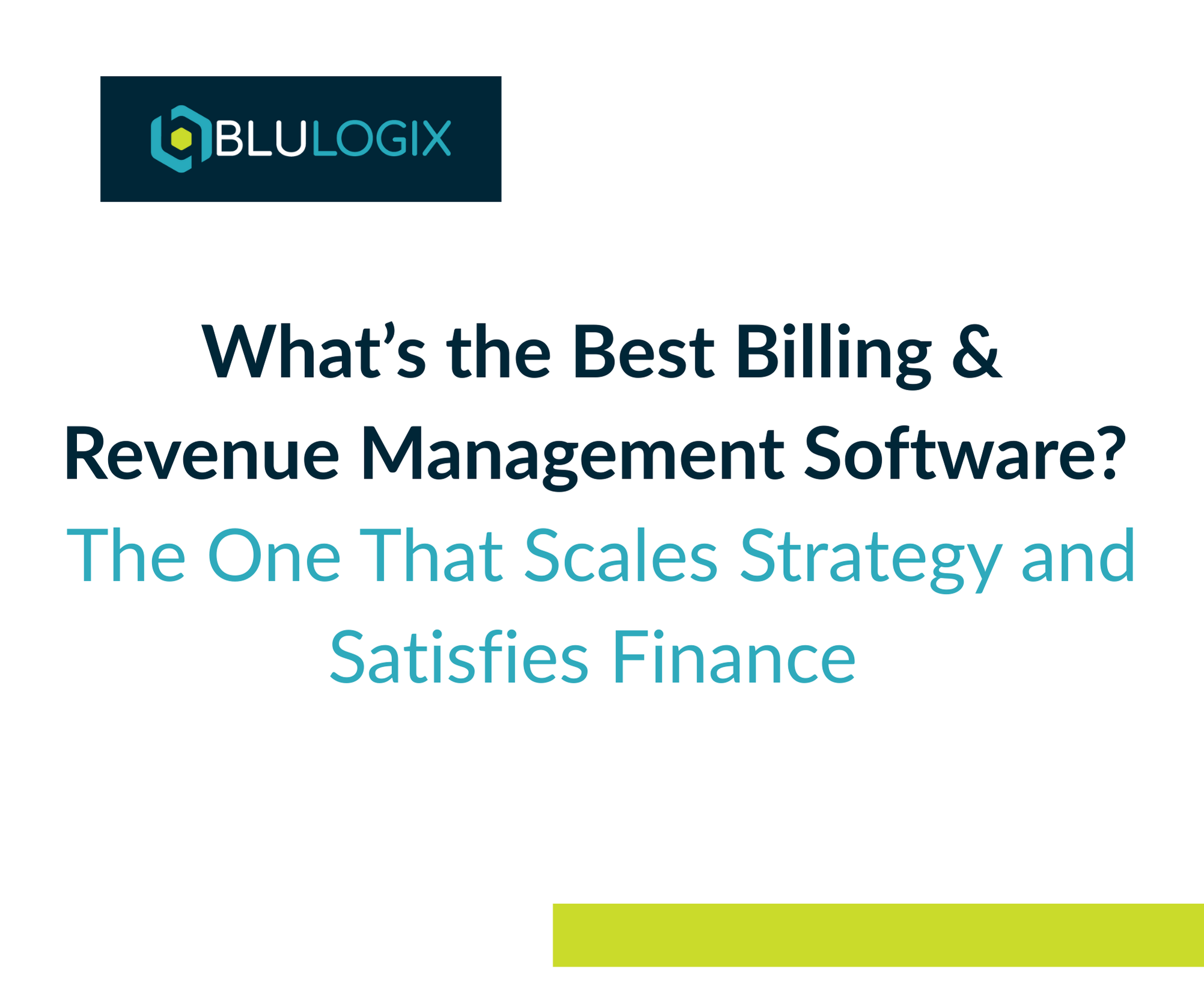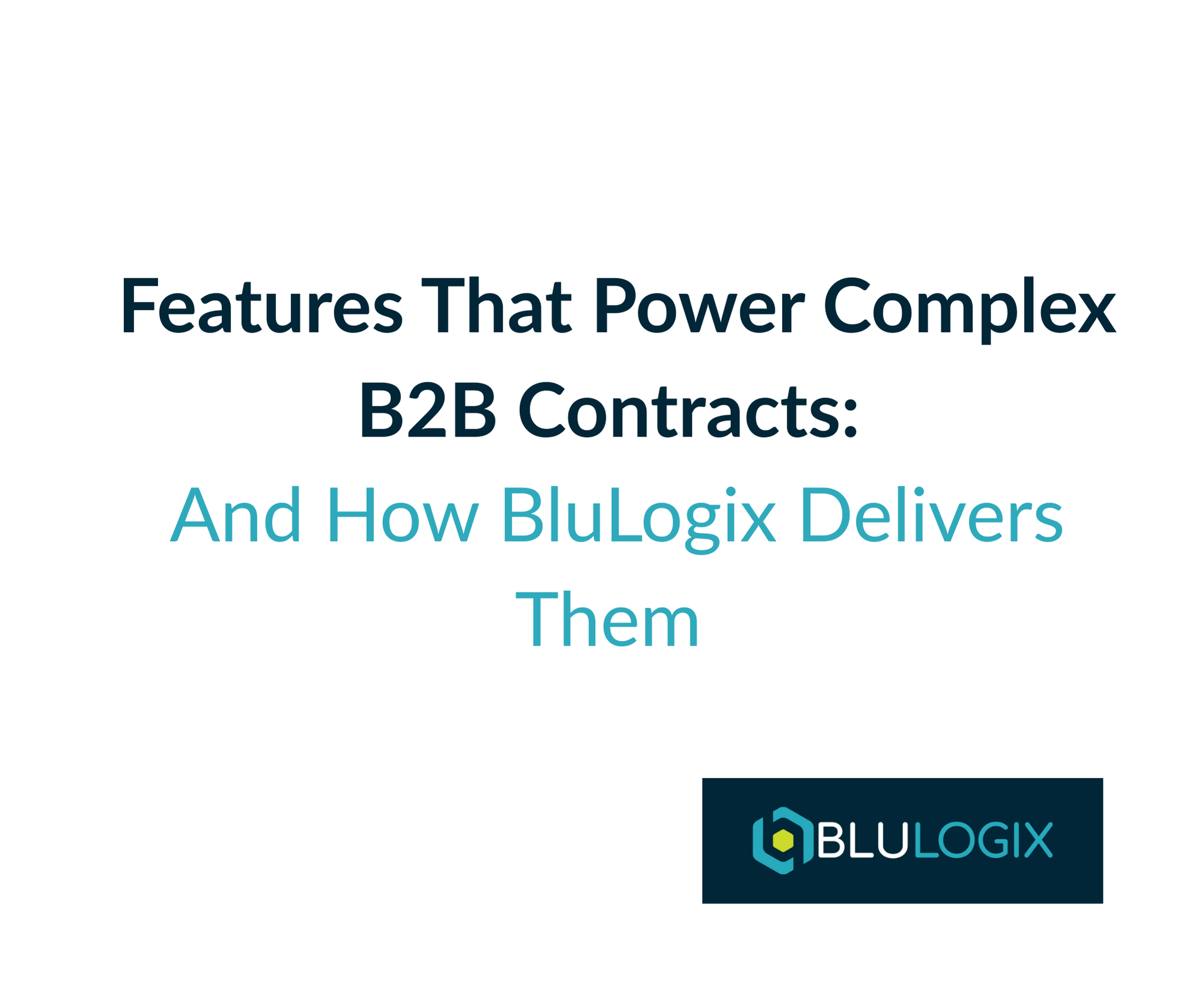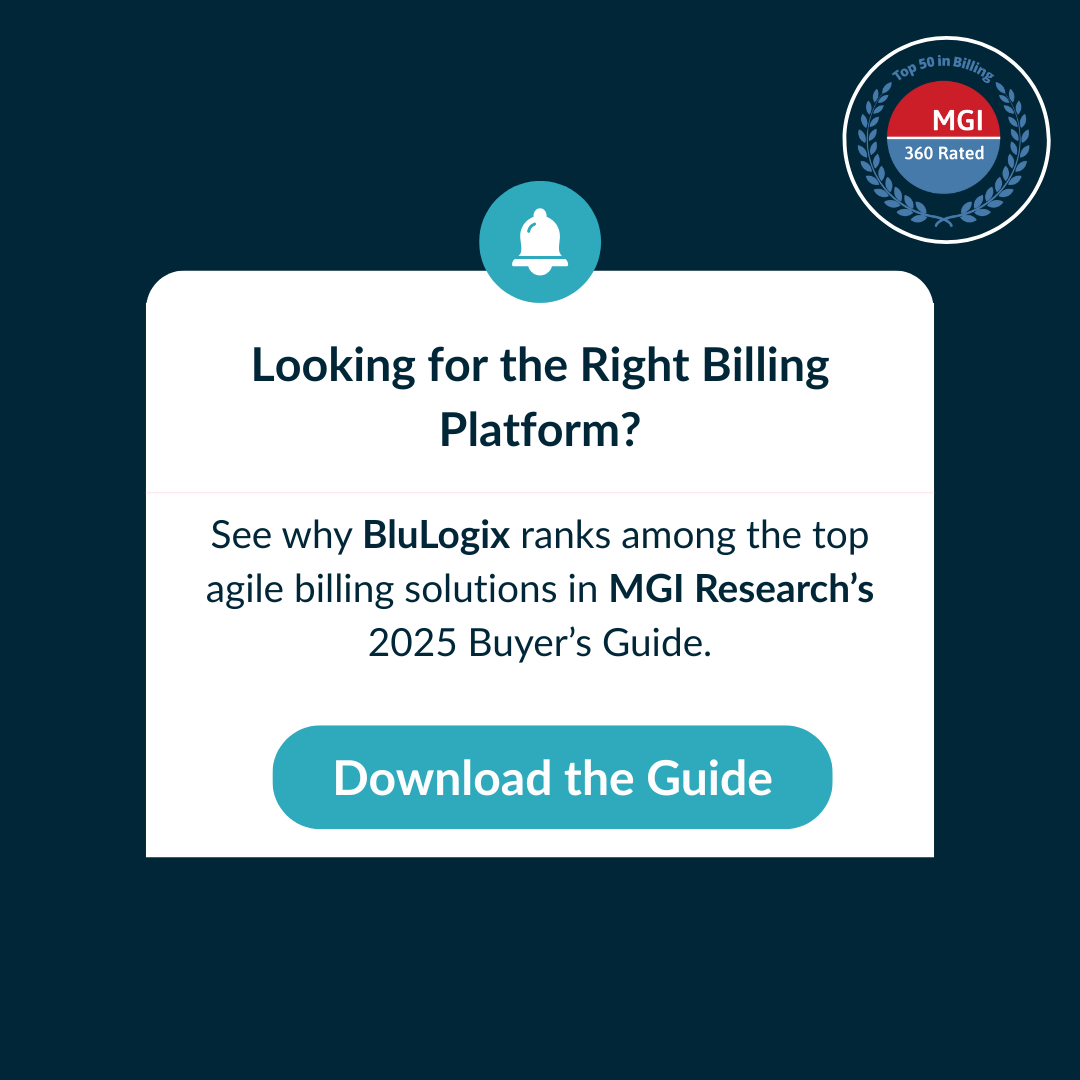Crafting the Blueprint: How to Build a Monetization Framework for Agile Success
A Step-by-Step Guide to Architecting Your Monetization Strategy
In the dynamic realm of agile monetization, constructing a robust Monetization Framework is akin to drafting a master blueprint for a skyscraper. It’s about laying down a strategic foundation that not only supports but also elevates every aspect of your business objectives in the digital economy. This blog post serves as your step-by-step guide to developing a Monetization Framework that aligns seamlessly with your business goals, ensuring agility, efficiency, and growth.
Creating a Monetization Framework For Your Business
Step 1: Define Your Monetization Objectives
Begin by crystallizing your monetization goals. Are you looking to enhance customer lifetime value, penetrate new markets, or transition to a subscription-based model? Setting clear, measurable objectives at the outset will guide the development of your framework and help quantify success down the line.
Step 2: Understand Your Customer Base
Deep dive into your customer demographics, preferences, and behaviors. Agile monetization thrives on personalization and flexibility, making it crucial to tailor your strategies to meet and exceed customer expectations. Utilize data analytics to segment your customer base and identify unique value propositions for each segment.
Step 3: Evaluate Your Current Monetization Capabilities
Conduct a thorough audit of your existing monetization processes, systems, and tools. Identify strengths, weaknesses, and gaps in your current setup. This evaluation should cover everything from your billing and subscription management systems to your data analytics capabilities and customer engagement platforms.
Step 4: Design Your Monetization Model
With your objectives and customer insights in hand, design a monetization model that aligns with them. This could involve choosing between or combining different revenue models such as subscriptions, usage-based billing, or freemium models. Consider the flexibility, scalability, and customer experience each model offers.
Step 5: Integrate Data and Systems
Seamless integration of data and systems is critical for a successful Monetization Framework. Ensure that your CRM, ERP, and monetization platforms can communicate and share data effortlessly. This step is pivotal for achieving operational efficiency and a unified customer view.
Step 6: Implement Automation and Analytics
Leverage automation to streamline billing, invoicing, and customer management processes. Additionally, embed analytics throughout your monetization framework to continuously track performance against your objectives and gain insights for optimization.
Step 7: Establish Clear Metrics and KPIs
Define specific metrics and key performance indicators (KPIs) that will help you measure the effectiveness of your monetization framework. These could range from customer acquisition costs and churn rates to average revenue per user (ARPU) and customer satisfaction scores.
Step 8: Foster a Monetization Mindset Across the Organization
Monetization is a cross-functional discipline that requires buy-in from all departments. Cultivate a monetization mindset across your organization by educating teams about the importance of the framework and how they contribute to its success.
Step 9: Launch, Monitor, and Optimize
With your framework in place, launch your new monetization strategies. However, the work doesn’t stop there. Continuously monitor performance against your KPIs and be prepared to iterate and optimize based on feedback and changing market conditions.
Step 10: Ensure Compliance and Transparency
In today’s regulatory environment, ensuring compliance with local and international laws is crucial. Moreover, transparency in billing and subscription management fosters trust and loyalty among customers, reinforcing the success of your monetization efforts.
Building a Monetization Framework is a strategic endeavor that requires careful planning, deep customer insights, and an organizational commitment to agility and growth. By following these steps, businesses can develop a framework that not only aligns with their objectives but also positions them to thrive in the agile and ever-evolving digital economy.
Stay tuned for our next post, where we’ll explore the importance of cultivating a Monetization Mindset across your organization, further deepening the impact of your monetization strategies.
Creating a Monetization Framework For Your Business
Learn more

What’s the Best Billing & Revenue Management Software? The One That Scales Strategy and Satisfies Finance

Features That Power Complex B2B Contracts — And How BluLogix Delivers Them



